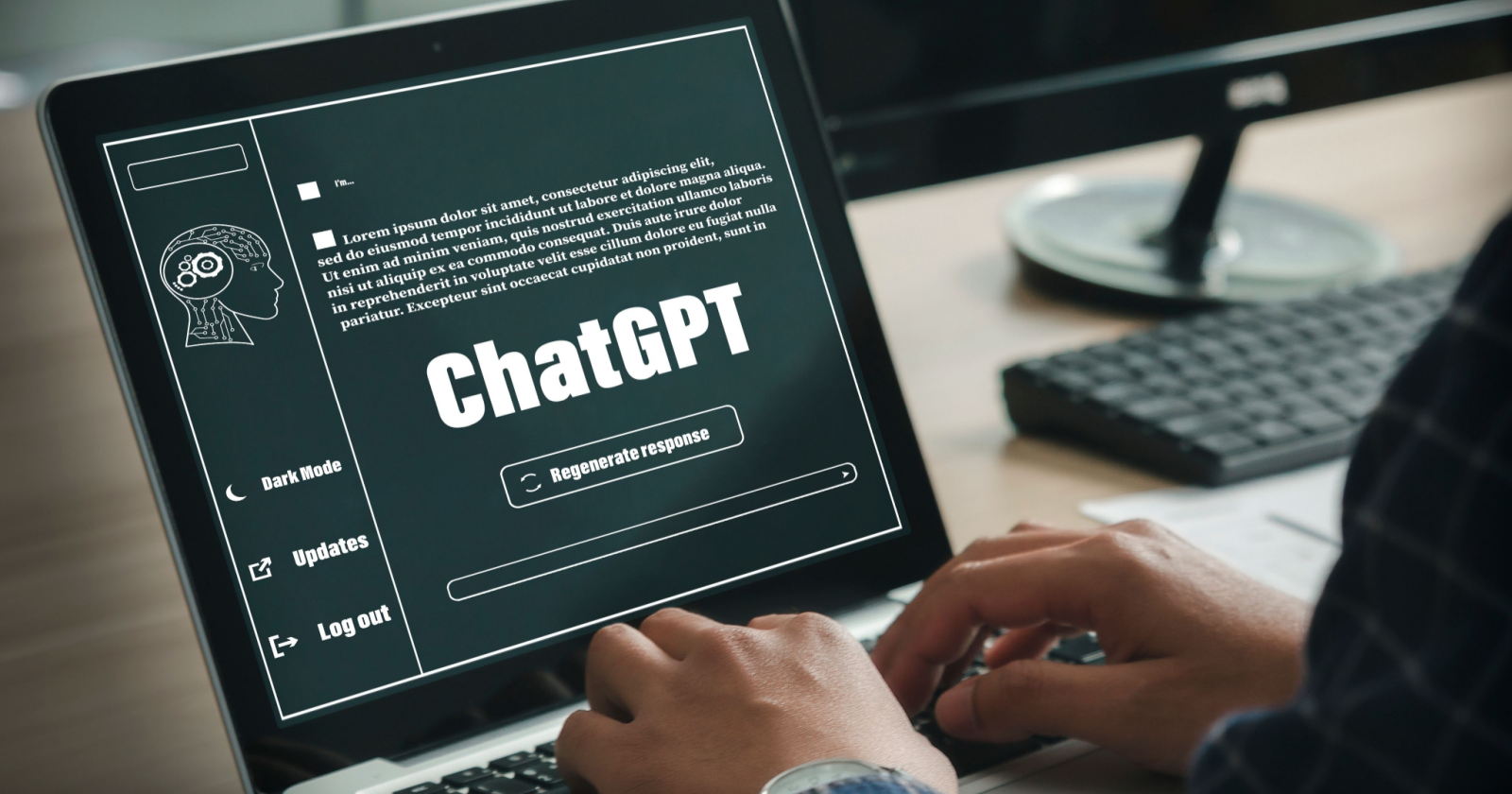More On: ChatGPT
AI systems like ChatGPT depend on a large group of 'trainers' who each make $15 per hour
A senior judge says that AI could take the place of judges in UK court disputes
What Are Justifiable Fears About AI?
AI ‘More Profound than Fire or Electricity’
Google faces a new threat from ChatGPT's 'iPhone Moment'
White-collar workers may soon have to deal with the AI disruption that has everyone worried. But the news might not be as bad as you think.
Anyone who has used ChatGPT for more than a few minutes will understand the fears and hopes that this kind of technology brings to white-collar work. The chatbot is very good at answering all kinds of questions, from coding problems to legal puzzles to questions about history.
If companies can fix the fact that these models tend to "hallucinate" wrong information, it's not hard to see how they could replace customer service reps, legal clerks, or history teachers. Studies and news stories that say ChatGPT can get a passing grade on some legal, medical, and business exams add to these hopes. Since companies like Microsoft, Slack, and Salesforce are adding ChatGPT or similar AI tools to their products, the effects on office life are likely to be seen soon.

A couple of research papers that were posted online this week suggest that ChatGPT and other chatbots like it could be very disruptive, but maybe not in the way you think.
First, Edward Felton and his colleagues at Princeton University try to figure out which jobs will be most affected by ChatGPT. They used a standard called the AI Occupational Exposure, which compares job tasks to the abilities of different AI programs, to figure out which jobs are most likely to be taken over by chatbots with good language skills.
The results suggest that telemarketers, history teachers, and sociologists may be in for big changes, while people with more physical jobs, like bricklayers, dancers, and textile workers, may not have to worry about ChatGPT showing up at their workplace.
But a second study suggests that people who work in jobs that depend on language might not be replaced right away. Shakked Noy and Whitney Zhang, two MIT graduate students, looked at what happens when office workers use ChatGPT. They asked 444 professionals with college degrees to do a series of simple office tasks, such as write press releases, short reports, emails, and analysis plans. ChatGPT was used by half of them.
The study found that people who had access to the chatbot could finish their tasks in 17 minutes, while it took those who didn't have access to the bot an average of 27 minutes, and the quality of their work improved by a lot. People who used ChatGPT said they were also happier with their work. Even though experts were asked to judge the quality of the work done by the participants, the paper doesn't say if they also looked for "hallucinated" errors that can show up in ChatGPT's output.
These two studies give hints about how things might go, but they are still early (and not yet peer-reviewed) attempts to figure out where ChatGPT is taking us. It is notoriously hard to predict how new technologies will affect work, and economic research on ChatGPT is coming out quickly.
It's also strange that textile workers were thought to be safe from ChatGPT, since people who worry about how AI will affect jobs are sometimes called "Luddites," a reference to the movement in the 1800s in which English textile workers broke their looms to protest automation.
Some say that the Luddites were more worried about who controlled automation than about automation itself. They were angry at employers who used automation to avoid paying workers fairly.
It might help workers be more productive if they took the initiative and started using ChatGPT. Don't tell my boss, please. (I'm joking. WIRED just put out a new policy on how to use generative AI that says we won't publish AI-generated text unless it's part of a story.)
The first time I tried to automate my own work, it didn't work out. When I asked ChatGPT to find some links for this week's newsletter, it gave me a bunch of stories from 2021. This makes sense when you remember that the AI model was trained on web data from a long time ago. Writers of newsletters might not see a big increase in their output just yet.















